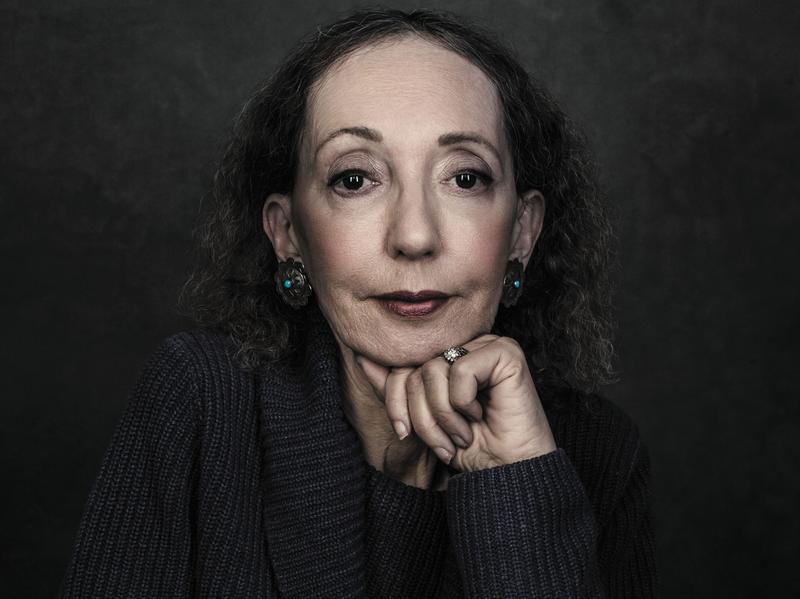 All Things Considered
All Things Considered
Joyce Carol Oates' New Novel Begins With An Abortion Doctor's Murder

Joyce Carol Oates' latest book opens in 1999 with a killing: A man who considers himself a soldier of Christ shoots a doctor who performs abortions. Over the next 700-plus pages, we see the consequences of that act ripple through the doctor's family and that of his killer.
The novel is called A Book of American Martyrs. Oates, who is outspoken about her liberal politics, spoke with NPR's Ari Shapiro.
Interview Highlights
On telling parts of the story from the perspective of the killer, Luther
Luther is very sympathetic. It's a point of view that's not mine — it's not my point of view, but it's a very real point of view. Luther feels he's called; he's called by God. He doesn't want to be a murderer; he doesn't want to give up his own life. He feels he's been called by God and it's a mission.
Some people may feel they're called in another way, a secular way, to be an abortion provider, to help women who are desperate, women and girls; to save them from home abortions that will kill them. ... But there are people who feel that they want to serve God and God has chosen them. So Luther feels that way. But I wouldn't say he was that unusual.
What's unusual about him is that he had that determination, and you could call it courage, to follow through his convictions. ... I don't know what other word to use. He doesn't want to be the person who is called by God. Now, there are abortion provider murderers who did feel called by God. They are what we would call deluded. So Luther, we would call Luther a deluded person. I don't know, maybe put quotation marks around the word "courage."
On writing the novel before Donald Trump was elected, and having it come out during his presidency
When I was working on it, I remember being so immersed in that world, which of course is 1999 and 2000, early 2000. And no, I had no idea what we were moving toward. My novel deals with the sort of grassroots resentment of elite, you know, Washington people and just a kind of somehow very deep, visceral hatred of the liberal imagination, which is usually secular. So the novel is suffused with the kind of emotions that all came out in the election and really brought us to this populist demagogue, Trump.
9(MDEwODYxNTQyMDEzNjAxODk2Nzc2NzNmYQ001))